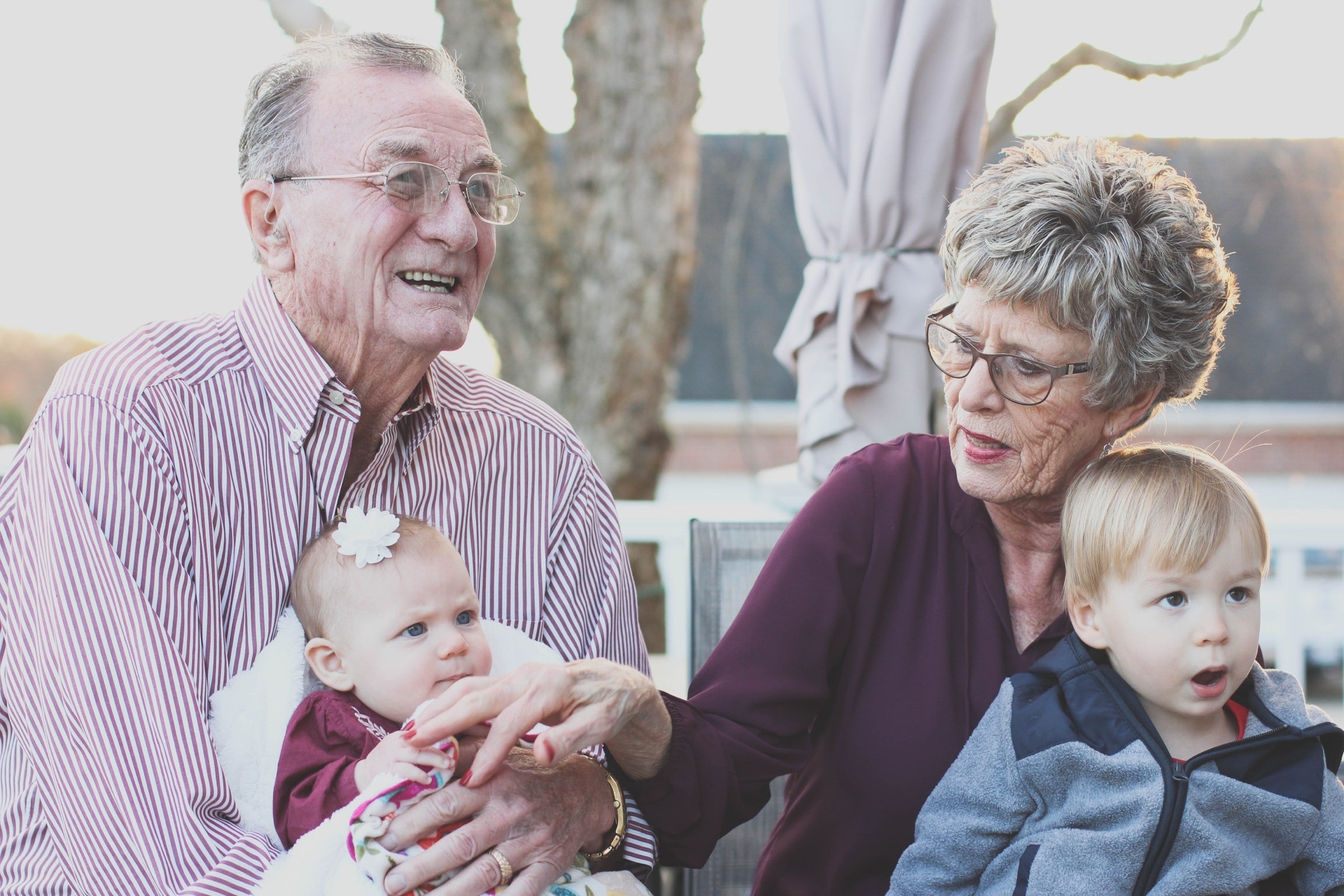If you suspect someone you love has Alzheimer’s disease or dementia, you may not know what to do next.
Even though more than 6 million Americans have Alzheimer’s disease, simply talking about memory problems often feels taboo. People may present as resistant to your support, even when you approach them with care and concern.
If you’re worried someone you love is developing dementia, here are some steps you can take:
Know the Signs of Dementia
Memory problems represent the telltale presentation of dementia, but some of the early signs may be more subtle:
Memory loss: Memory loss is a key and classic symptom of dementia. It often emerges as asking the same question repetitively or being unable to remember recent events.
Confusion and disorientation: Dementia can also present as mental confusion. Your loved one might not know your name, the date, or essential information about where they live or work.
Inability to engage in usual tasks: People with early stages of dementia may suddenly have difficulty doing what once came naturally to them. For example, they might get lost driving to a familiar place, or they may forget how to turn on an everyday appliance.
Poor judgement: Dementia can affect critical thinking skills, and this may cause your loved one to act in ways that seem erratic or irresponsible. They might, for instance, be easily convinced to buy something frivolous, even if they’re normally more conscious.
Speaking difficulties: People may have trouble finding the right word in a conversation, or they might find it more difficult to track what people are saying.
Rapid mood swings: Dementia can affect emotions and mood, causing people to oscillate between states of anger, sadness, fear, or contentment. These may not be otherwise explained by other mental health conditions.
It’s important to note that dementia symptoms tend to be gradual. If the onset or severity is sudden, it may be a sign of another health issue, and it’s important to seek an evaluation.
What to Do If You Suspect Someone Has Dementia
In the best-case scenario, your loved one would seek help if they recognize having dementia symptoms. But in real life, the situation often is messier and more nuanced. An aging parent may not want to surrender their independence; a strong-willed spouse might not want to acknowledge their own struggles.
Here are some considerations to keep in mind:
Check In With Other People
It may be helpful to touch base with other family members to share your concerns. If you don’t know your own family history, it’s also a good time for getting data about potential dementia risk.
Just make sure that you trust who you are sharing information with. You don’t want to run the risk of gossiping about someone you love (or having your loved one feel like you’re betraying their trust).
With this in mind, all conversations should be oriented toward having concern for the person’s symptoms and making plans of action for how to intervene. Remember it’s also not your job to diagnose dementia.
Talk to Your Loved One
There just isn’t a perfect to talk about your dementia concerns. The conversation is serious, and you probably have some idea of how your family member will react. If you fear this reaction, it’s normal to want to avoid the discussion altogether.
Some people do have insight into their memory lapses or problems. Sharing how they feel may even be relieving for them. But others might respond angrily or defensively. They might deny any warning signs or blame you for taking things too seriously.
Regardless of the situation, try to stay calm during your conversation. Remember that this can feel extremely vulnerable and scary- try to be empathic to their emotions.
Ask Them to See a Healthcare Provider
Dementia-like symptoms can also coincide with other health issues, like thyroid disorder, vitamin deficiencies or normal pressure hydrocephalus. Thorough evaluations, even when there are only early symptoms, are key to getting appropriate treatment.
Some people will adamantly resist seeking help. You can’t control other people, but you can ask your loved one if they would like you to accompany them to their appointment.
After the Dementia Diagnosis
Coming to terms with dementia often represents an emotional process, and shock may be the first (and strongest) reaction to this news. This is normal, but as the disease progresses, it’s important to be prepared.
Many people find that educating themselves about dementia helps them understand what’s happening with their loved one. Having support also helps- you need people you can lean on during this time, especially if you’re in a caregiving role.
Remember that adjustment takes time. For your loved one, daily life will look different, and everyday tasks may suddenly become very challenging or impossible. Now, more than ever, it’s important to prioritize your own self-care and ensure that you have outlets for relieving your stress.
Final Thoughts on Getting Help With Dementia
Dementia can be frightening for individuals and their loved ones. You may experience intense emotions during this time, and that’s to be expected. Early diagnosis can be beneficial for everyone, but the gravity of such a diagnosis can still be difficult to navigate.
I am here to provide you with a safe and supportive environment during this time. I specialize in working with older adults, many of whom are experiencing acute grief, caregiver stress, or other serious medical conditions.
Contact me today to schedule a consultation.

